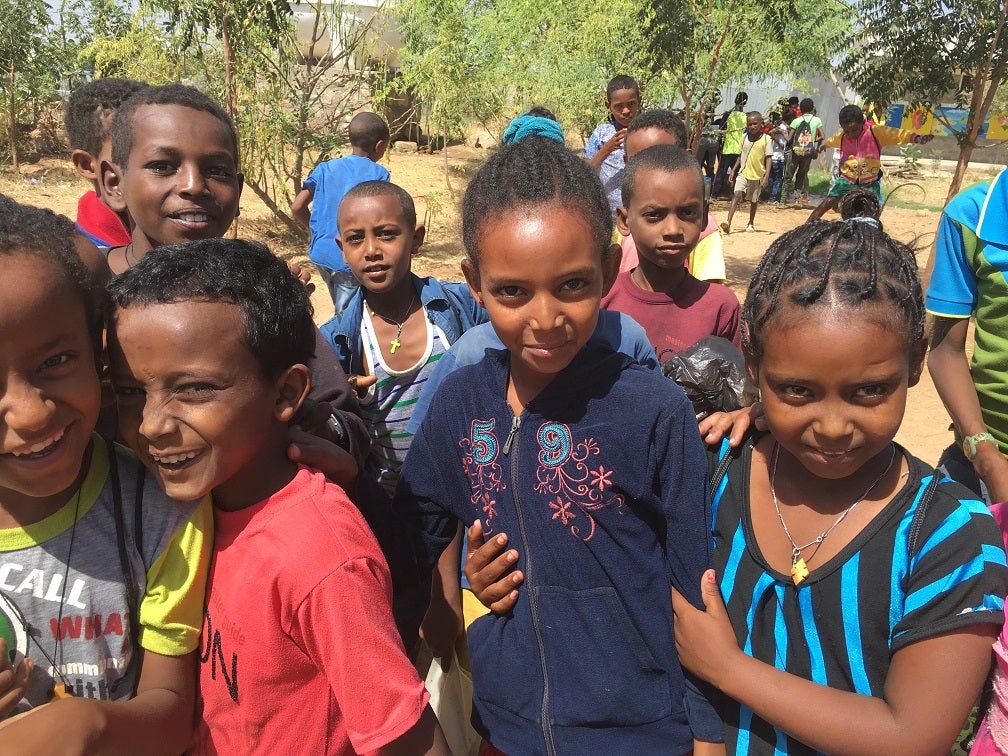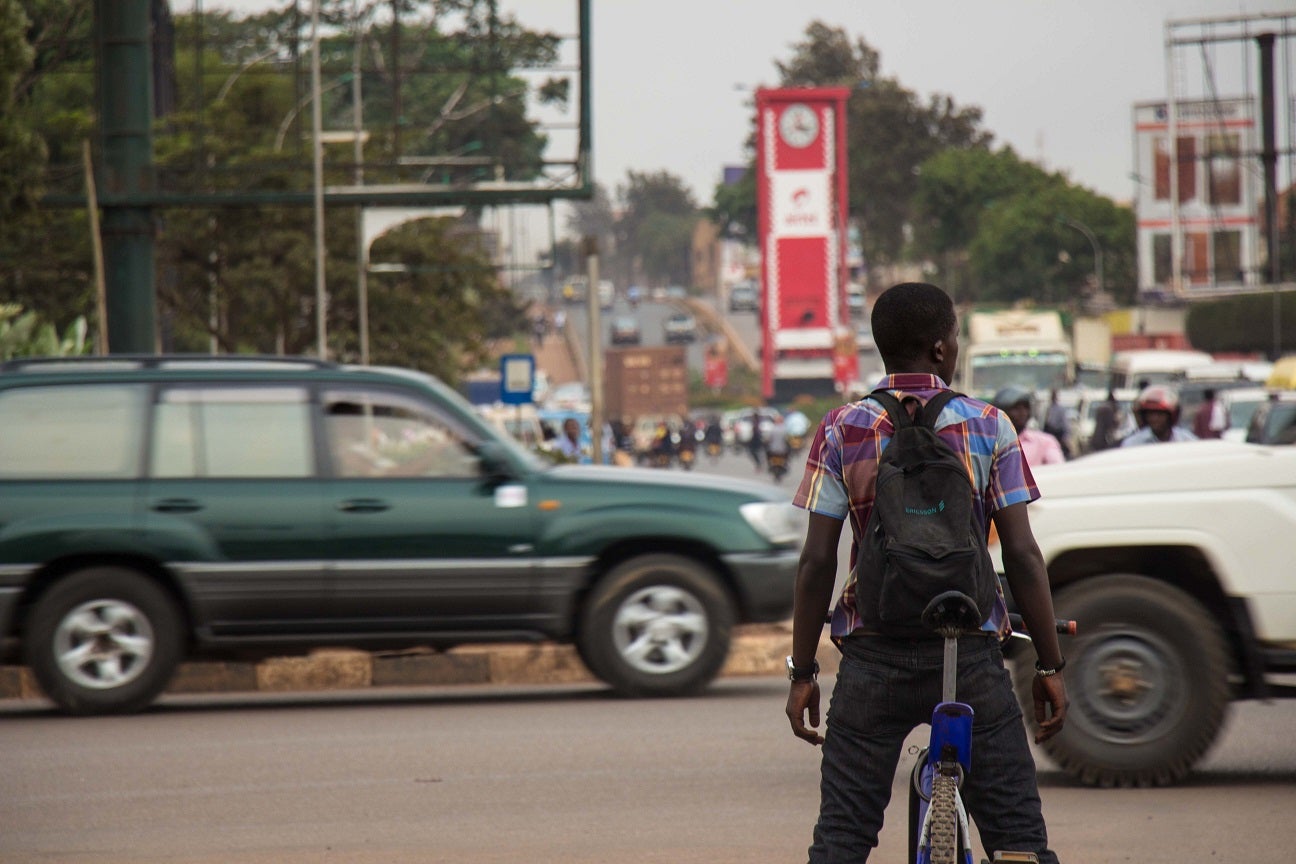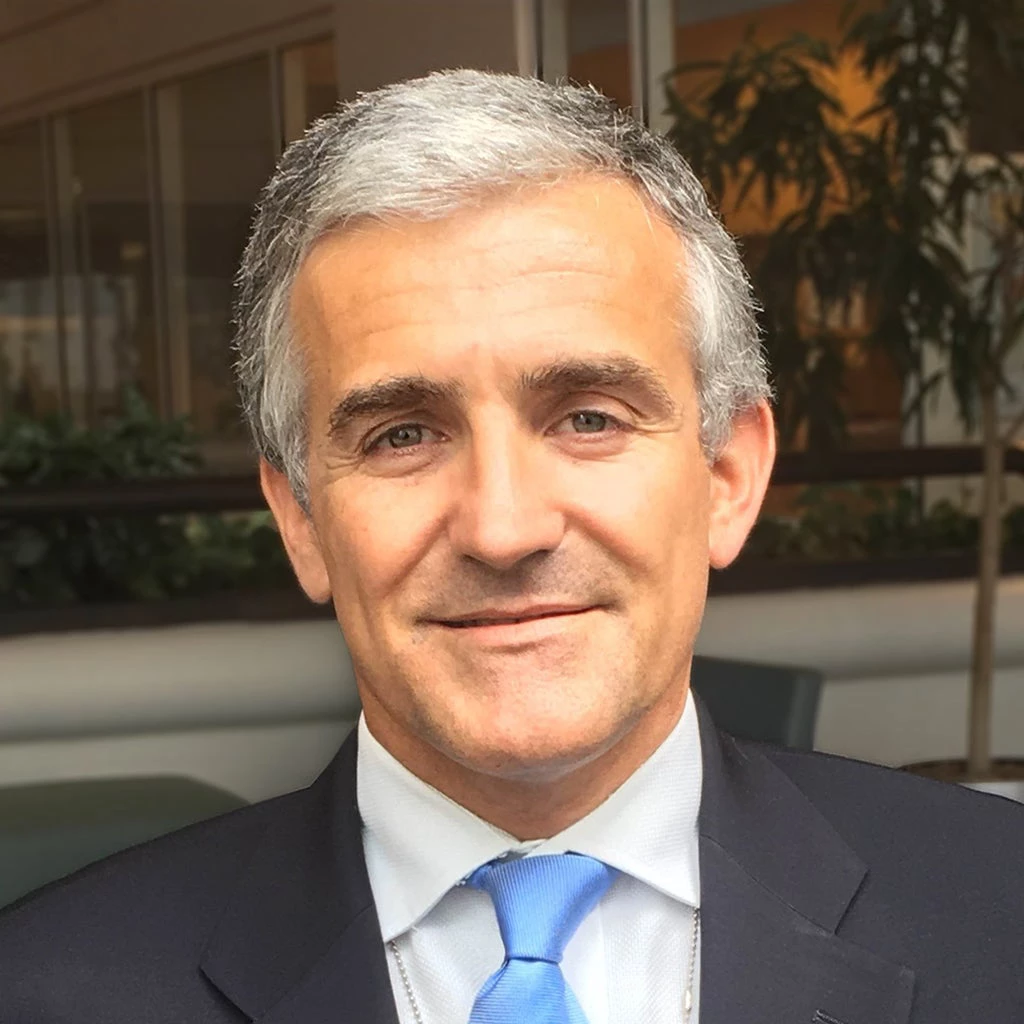
On World Refugee Day, we pause to reflect on the struggles of refugees around the world. Refugees are vulnerable, having lost their assets and livelihoods, and without the ability to plan their lives. They need help regaining their voice, becoming self-reliant and rebuilding their lives.
At the World Bank Group, we recognize that the refugee crisis is not only a humanitarian concern, but a formidable development challenge as well. Numbers help to tell this story: Over 90 percent of refugees now live in the developing world ; more than half are displaced for more than four years; fifty one percent of refugees are children and are five times more likely to be out of school than non-refugee children; and many refugees are hosted by communities that are also struggling with their own development challenges – weakened infrastructure, food insecurity and limited access to quality health care, among others. Consequently, these communities also need our support.
This is why the Bank Group, a development institution, is broadening its support for refugees and their host communities in a way that complements – not replaces – the work of others, especially humanitarian partners. We are approaching the problem from a development perspective, addressing social and economic challenges in the medium-term. The goal is to enable refugees to go beyond simply meeting their basic needs to getting an education, accessing health care, working, traveling and opening businesses – so that they can live as ‘normal’ a life as possible, and contribute to their local economy. Including refugees in development planning and national systems is a key part of this approach.
Financing is part of the approach. The World Bank has allocated $2 billion of financing, through the International Development Association (IDA), our fund that lends to the world’s poorest countries , specifically to help refugees and hosts in low-income countries. Eight countries— Cameroon, Chad, Republic of Congo, Djibouti, Ethiopia, Niger, Pakistan, and Uganda – are eligible so far, covering 60 percent of refugees in IDA countries, and a pipeline of projects, around $1 billion worth, is underway. The Bank has also unlocked $1.4 billion of concessional financing, through its Global Concessional Financing Facility, for middle income countries, which host about 72 percent of the world’s refugees.
In addition to financing, working with host governments and our development partners to help change national policies is also critically important to meeting the long-term needs of refugees, and can have transformative impact. I applaud leaders who are taking on the challenge.
In Uganda, the largest refugee hosting country in Africa, refugees have the right to move freely, work, establish businesses, access public services, and obtain travel documentation. They also receive land for housing and agricultural use. The government has integrated refugee management and protection in the national development agenda, and districts hosting refugees are now given priority for development interventions. At the forefront of refugee law and progressive policies, Uganda is an early champion of refugee inclusion, maintaining an ‘open door’ policy in a region affected by ongoing conflict and violence. To support the Government’s progressive policies and better manage the recent refugee influx, the Bank has recently approved two projects that will improve physical planning, land tenure security, small-scale infrastructure investment, as well as water and sanitation services for a number of rural and urban refugee hosting communities across Uganda.

In Ethiopia, the government is currently developing a new Refugees Proclamation. The proclamation encompasses a wide range of rights for refugees , including the right to live out of camps, work, access education and legal documentation, as well as the ability to open bank accounts. This is a positive step to enable refugees to become self-reliant, and the Bank is currently preparing new support for the Ethiopian government to grow economic opportunities and improve the quality of education in refugee host areas.
In Cameroon - the 13th largest refugee-hosting country in the world and the 7th largest in Africa, the needs of refugees are being included in local development plans, as part of their annual investment budgets. To support Cameroon, we just approved a package of $274 million for four projects that cover social safety nets, health systems performance, community driven development, and education reform.
These are some of the stories from host countries around the world. Many other countries are also changing the way they respond to make a difference for refugees and host communities.
Enhancing socio-economic opportunities for refugees and their host communities is just one part of the World Bank’s broader aspiration to better support the millions of people living in fragile settings. We are working hard to address the root drivers of fragility and violent extremism; focusing on prevention to avoid the outbreak, escalation and recurrence of conflict in at-risk countries, ensuring that the projects and programs we deliver in countries make the needed impact; staying engaged during conflict, with an effort to deliver even in the most insecure areas; and recruiting the best and brightest staff to work on issues of fragility. We are energized by our enhanced mission and by the positive changes we are already seeing.


Join the Conversation